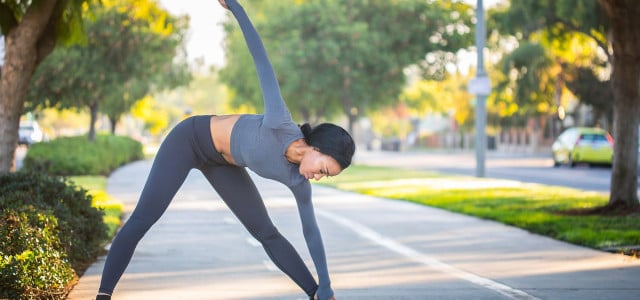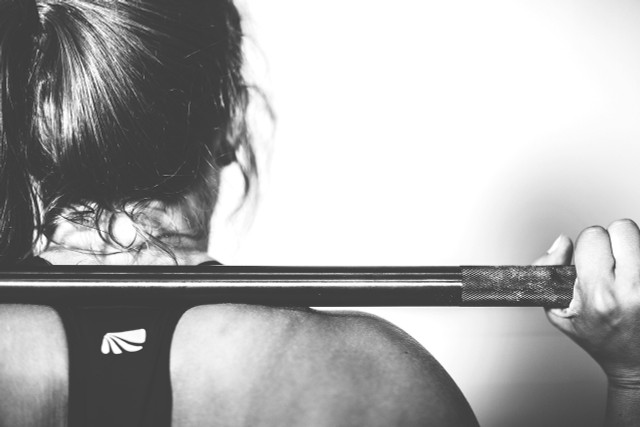
Exercising in high humidity can not only reduce performance, but also have serious consequences for our health. This should be taken into account when the humidity is high.
The effects of ambient temperature and humidity on athletic performance vary with different physical conditions. While many people enjoy physical activity in warm weather and bright sunshine, high humidity poses a particular challenge. But how does this combination affect our bodies and is it even advisable to exercise when humidity is high?
Sport in high humidity: That happens in the body
Exercising in high humidity affects body temperature and breathing.
An increased water vapor content in the air influences the body’s own thermoregulation, according to the sports physician William Robert. The sweat on our skin normally evaporates to lower our body temperature. However, with high humidity, evaporation is more difficult, since the air is already saturated with moisture. As a result, the body cannot efficiently dissipate the excess heat, which can lead to increased body temperature. This can lead to heat exhaustion, heat cramps, or worst case scenario, heat stroke.
High humidity can also affect breathing. The humid air can make breathing difficult and lead to an increased respiratory rate. People with lung diseases are particularly affected. But difficult breathing can also have a negative effect on endurance and general performance in others, since the body has to expend more energy to get enough oxygen.
High humidity and sport: You should pay attention to this

(Photo: CC0 / Pixabay / Ichigo121212)
According to sports medicine specialist Roberts, it is generally better to train in air-conditioned rooms when the air outside is too steamy. If you would like to do sports in high humidity and heat and do not have access to air-conditioned interiors, you should observe the following tips:
-
Hydration: Drink enough water to replace dehydration through sweating. Electrolyte drinks can also be helpful in keeping electrolyte balance.
-
When to do it: avoid the hottest hours of the day and try to exercise early in the morning or late in the evening when temperatures are a little more comfortable.
-
Appropriate Clothing: Wear light, breathable clothing that wicks sweat and aids evaporation.
-
Intensity Adjustment: Adapt your training to the conditions. If necessary, reduce the intensity or duration of your workout to avoid overexertion.
-
Take breaks: Treat yourself to regular breaks so that you can recover in between and let your body cool down a bit.
-
Be mindful of your body: Watch out for signs of overheating, such as dizziness, nausea or an increased heart rate. If you notice any of these symptoms, stop exercising immediately and move to a cooler place.
General information on sport in humid conditions
In principle, sport in high humidity can represent a great additional strain on the body and should be practiced with caution. However, everyone reacts differently to these conditions, and some people are better at dealing with them than others. It is therefore important to observe the individual physical limits and to listen to the signals of your own body. If you are unsure or repeatedly notice physical limitations during your training, it may be advisable to seek medical advice.
Whether it is advisable to do sports when the humidity is high depends, among other things, on your individual performance and physical condition. According to sports medicine specialist Roberts, it is generally more advisable to train in air-conditioned rooms when the air outside is too steamy. According to the dpa, humidity above 50 percent means a high level of stress on the body. In this case, you’d better refrain from exercising outside.
Read more on Techzle.com:
- Sport in the heat: Prof. Ingo Froboese gives tips
- What to do when it’s hot 5 tips from Southern Europe
- Ventilate properly when it’s hot: the golden rule for plenty of fresh air